Home>Garden Essentials>How Long To Grow Bermuda Grass From Seed
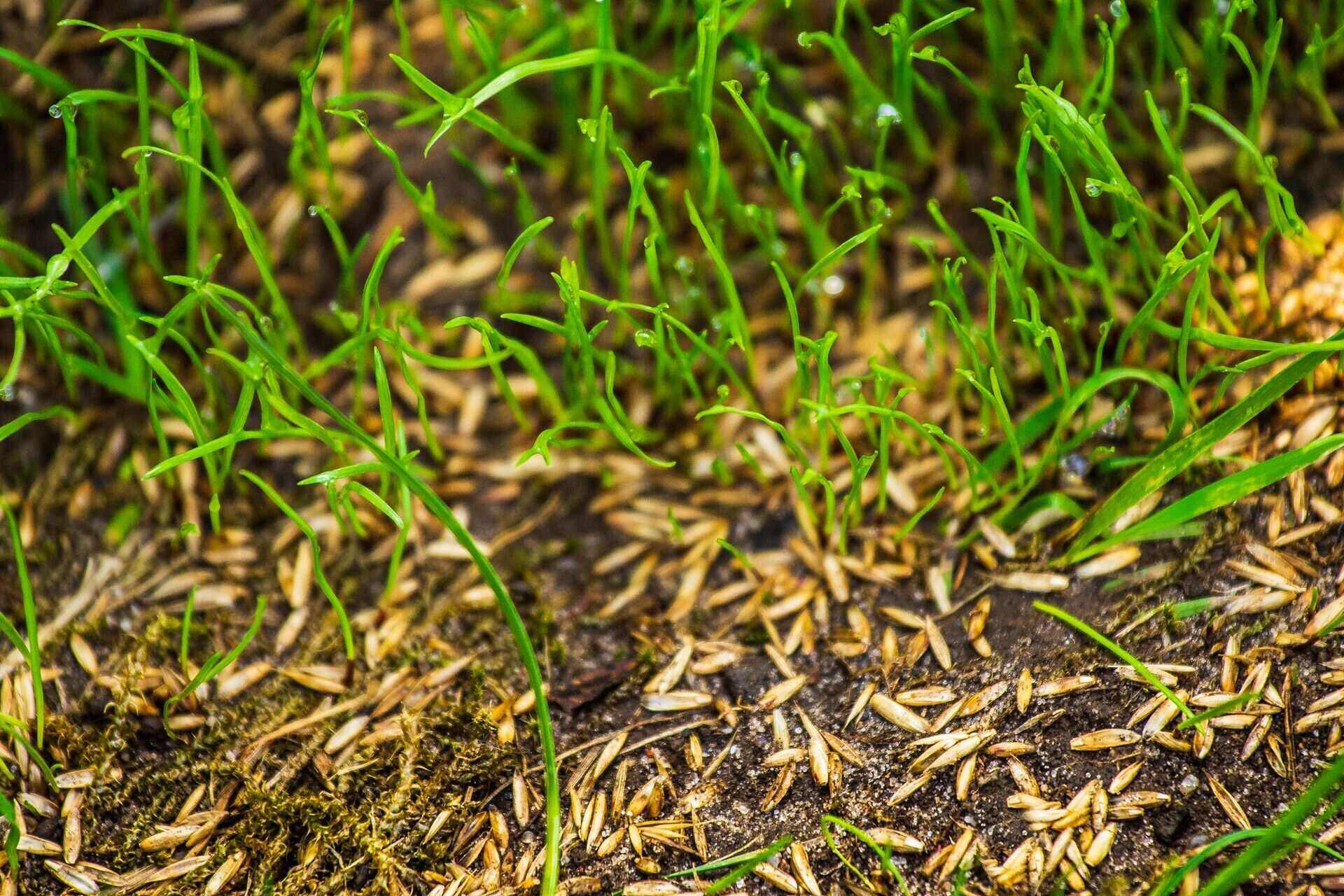

Garden Essentials
How Long To Grow Bermuda Grass From Seed
Modified: October 19, 2024
Learn how long it takes to grow Bermuda grass from seed in your garden. Discover the tips and tricks to achieve a lush and thriving lawn.
(Many of the links in this article redirect to a specific reviewed product. Your purchase of these products through affiliate links helps to generate commission for Storables.com, at no extra cost. Learn more)
Introduction
Welcome to the world of gardening, where the beauty and tranquility of nature come alive. If you’re looking to transform your outdoor space into a lush oasis, growing Bermuda grass from seed is a fantastic option. Bermuda grass is known for its resilience, vibrant green color, and ability to withstand hot and dry conditions.
But how long does it take to grow Bermuda grass from seed? Well, the answer depends on several factors, including soil temperature, moisture, and proper care. In this article, we will explore the key factors that affect Bermuda grass seed germination and provide you with expert tips to help you successfully grow and maintain this beautiful grass in your garden.
Bermuda grass seeds require the ideal conditions to germinate and establish strong root systems. By understanding these factors and following the right techniques, you can speed up the growth process and enjoy a lush, healthy lawn in no time.
So, let’s dive into the details of growing Bermuda grass from seed and discover how you can create a stunning outdoor space that will be the envy of your neighborhood.
Key Takeaways:
- Bermuda grass seeds need warm soil, consistent moisture, and proper care to grow. Patience is important, as germination takes 7-21 days. Prepare the soil, sow the seeds, and water them regularly for a lush lawn.
- Maintaining a Bermuda grass lawn involves regular mowing, proper watering, and addressing common issues like weed invasion and uneven growth. With patience and care, you can enjoy a beautiful and resilient outdoor space.
Factors Affecting Bermuda Grass Seed Germination
When it comes to growing Bermuda grass from seed, several factors play a crucial role in its successful germination. Understanding and optimizing these factors will significantly improve your chances of producing a healthy and vibrant lawn. Let’s explore the key factors affecting Bermuda grass seed germination:
- Soil Temperature: Bermuda grass seeds require warm soil temperatures to germinate. The optimal soil temperature for germination is around 70-90°F (21-32°C). Sowing the seeds when the soil temperature reaches this range will provide the best conditions for successful germination.
- Moisture: Consistent moisture is essential for Bermuda grass seed germination. Seeds need a moist environment to activate their growth process. It is important to keep the soil evenly moist, but be careful not to overwater, as excessive moisture can lead to seed rot or other fungal diseases.
- Light: While Bermuda grass seeds need sunlight to grow, it is important not to bury them too deep in the soil. Lightly rake the soil before sowing the seeds to ensure they have good soil-to-seed contact. This will promote germination and the emergence of healthy seedlings.
- Soil pH: Bermuda grass prefers slightly acidic to neutral soil with a pH range of 6.0 to 7.0. Testing your soil and adjusting the pH level, if necessary, will create an optimal environment for the seeds to germinate and thrive.
- Soil Preparation: Proper soil preparation is vital for successful germination. Remove any existing weeds, rocks, or debris from the area where you will be sowing the seeds. Loosening the soil with a garden fork or tiller will promote better root penetration and establish a strong foundation for the Bermuda grass to grow.
By taking these factors into consideration and making the necessary adjustments, you can greatly increase the chances of successful Bermuda grass seed germination. Now that we understand the key factors, let’s move on to the next section to explore the timeframe for Bermuda grass seed germination.
Germination Timeframe for Bermuda Grass Seed
Patience is key when it comes to growing Bermuda grass from seed. Understanding the germination timeframe will help you manage your expectations and provide the necessary care during this critical stage. Typically, Bermuda grass seeds begin to germinate within 7-21 days after sowing, depending on various factors.
One of the primary factors affecting germination time is the soil temperature. Warmer soil temperatures, around 80-90°F (27-32°C), expedite the germination process. On the other hand, cooler soil temperatures can significantly increase the germination period and may require additional time and care.
Another factor is the quality of the Bermuda grass seeds. Using high-quality seeds from reputable suppliers ensures a higher germination rate and faster growth. The age of the seeds also plays a role, as fresher seeds tend to germinate more quickly.
It is important to note that achieving complete germination within the first few weeks is unlikely. Bermuda grass seed germination is a gradual process, with new seedlings emerging over time. Be patient and continue providing the necessary care and maintenance.
During the germination period, it is crucial to keep the soil consistently moist. Water the area evenly, taking care not to oversaturate the soil. Lightly misting or using a sprinkler system with a gentle spray can help maintain the moisture level without causing excessive water pooling or runoff.
As the Bermuda grass seedlings begin to emerge, continue to monitor the moisture levels and adjust your watering routine accordingly. Consistent and careful watering is essential for healthy root development and the overall establishment of your Bermuda grass lawn.
By understanding the factors influencing the germination timeframe and providing the necessary care and attention, you can ensure successful germination and promote healthy growth for your Bermuda grass lawn. In the next section, we will explore how to prepare the soil before sowing Bermuda grass seeds.
Preparing the Soil for Bermuda Grass Seed
Proper soil preparation is a crucial step in the success of growing Bermuda grass from seed. By preparing the soil adequately, you create an optimal environment for the seeds to germinate and establish strong roots. Here are the steps to prepare the soil for Bermuda grass seed:
- Clear the Area: Start by clearing the area where you plan to sow the Bermuda grass seeds. Remove any weeds, rocks, or debris that could hinder the growth of the seeds and the establishment of the grass.
- Loosen the Soil: Use a garden fork or tiller to loosen the soil. This will help improve drainage and create a loose, crumbly texture that promotes root penetration. Avoid excessive tilling, as it can lead to compaction and poor soil structure.
- Remove Compacted Soil: If you notice patches of compacted soil, such as hard clumps or densely packed areas, take the time to break them up. Compacted soil hampers water infiltration and root development, so breaking it up will ensure better growing conditions for the Bermuda grass seeds.
- Soil Amendments: Conduct a soil test to determine the pH level and nutrient content of the soil. Bermuda grass thrives in slightly acidic to neutral soil (pH 6.0-7.0). If the soil pH is too acidic or alkaline, you may need to amend it with lime or sulfur to bring it into the desired range.
- Add Organic Matter: Enhance the soil fertility and structure by incorporating organic matter, such as compost or well-rotted manure. Organic matter improves nutrient retention, water-holding capacity, and overall soil health, creating an ideal environment for Bermuda grass seed growth.
After completing these steps, rake the soil to create a smooth and level surface. Avoid creating deep furrows or ridges, as they can cause uneven water distribution and affect seed germination.
By adequately preparing the soil, you provide the Bermuda grass seeds with the best possible conditions for successful germination and establishment. In the next section, we will explore the process of sowing Bermuda grass seeds.
Sowing Bermuda Grass Seed
Now that you have prepared the soil, it’s time to sow the Bermuda grass seeds. Sowing the seeds properly will ensure even distribution and maximize the chances of germination. Here are the steps to sow Bermuda grass seeds:
- Seed Selection: Choose high-quality Bermuda grass seeds from a reputable supplier. Opt for a variety that suits your specific needs and the growing conditions in your area. Read the seed packaging for specific sowing recommendations.
- Timing: The best time to sow Bermuda grass seeds is during the late spring or early summer, when the soil temperature consistently reaches 70-90°F (21-32°C). This timing provides warm conditions for optimal germination and establishment of the grass.
- Spread the Seeds: Use a broadcast spreader or your hands to evenly distribute the Bermuda grass seeds over the prepared soil. Aim for a rate of about 2-3 pounds of seeds per 1,000 square feet, but refer to the seed packaging for specific guidelines on seeding rates.
- Rake and Press the Seeds: After spreading the seeds, rake the soil lightly to ensure good seed-to-soil contact. This helps the seeds anchor in the soil and promotes germination. You can also gently press the seeds into the soil using a lawn roller or by walking over the area.
- Water the Seeded Area: Immediately after sowing the Bermuda grass seeds, water the area thoroughly. Keeping the soil moist is crucial for seed germination. Use a light mist or a gentle sprinkler to prevent soil erosion and ensure even water distribution.
It’s important to note that Bermuda grass seeds are very small, so avoid burying them too deep in the soil. A depth of about 1/4 to 1/2 inch is sufficient for successful germination. Sowing too deeply may prevent the seeds from reaching the soil surface and hinder their growth.
Once you’ve completed these steps, monitor the area regularly and provide proper care to promote germination and establishment of the Bermuda grass seedlings. In the next section, we will discuss watering and care tips for Bermuda grass seed.
Bermuda grass can take 7-21 days to germinate from seed, but it may take 60-90 days to establish a strong root system. Keep the soil consistently moist for best results.
Read more: How Long Does Bermuda Grass Take To Grow
Watering and Care for Bermuda Grass Seed
Proper watering and care are essential for the successful germination and establishment of Bermuda grass seed. Here are some important tips to help you in watering and caring for your Bermuda grass:
- Keep the Soil Moist: During the germination period, it is crucial to keep the soil consistently moist. Water the seeded area lightly but frequently, aiming for a shallow and even watering. Avoid puddling or excessive runoff, as it can wash away the seeds. In hot and dry conditions, you may need to water multiple times a day to maintain moisture levels.
- Watering Schedule: As the Bermuda grass seedlings start to emerge, gradually reduce the frequency of watering, but increase the amount of water at each watering session. This encourages the roots to grow deeper and establish a strong foundation. Water deeply, ensuring the moisture reaches the root zone, but avoid overwatering, as it can lead to shallow root growth and fungal diseases.
- Avoid Drought Stress: Bermuda grass is drought-tolerant, but it can still suffer from drought stress during the early stages of growth. Pay attention to signs of wilting or browning, as these are indicators that the grass needs water. Adjust your watering schedule accordingly and provide enough moisture to prevent drought stress and promote healthy growth.
- Watch for Weeds: During the germination period, weeds may compete with the Bermuda grass seedlings for water, nutrients, and sunlight. Take the time to carefully remove any emerging weeds manually, making sure not to disturb the delicate grass seedlings. Applying a pre-emergent herbicide before sowing the seeds can also help prevent weed growth.
- Mowing: Once the Bermuda grass seedlings reach a height of 1 to 1.5 inches, you can begin mowing the lawn. Set your mower at a height of about 1 inch to encourage the Bermuda grass to grow laterally and fill in the space. Avoid cutting the grass too short, as it can stress the plants and make them more susceptible to diseases.
- Fertilization: As the Bermuda grass seedlings start to establish, you can consider applying a slow-release or controlled-release fertilizer to provide essential nutrients. However, be cautious not to over-fertilize, as it may lead to excessive top growth but weak root development. Follow the recommended application rates and timing indicated on the fertilizer packaging.
By following these watering and care tips, you can ensure the healthy establishment and growth of your Bermuda grass seedlings. Now that we’ve covered the basics of watering and caring for Bermuda grass seed, let’s move on to the common problems and troubleshooting in the next section.
Mowing and Maintenance of Bermuda Grass Seedlings
Mowing and proper maintenance are essential for the healthy growth and maintenance of Bermuda grass seedlings. Here are some important tips to consider when it comes to mowing and maintaining your Bermuda grass:
- Mowing Height: Bermuda grass performs best when mowed at a height of around 1 to 1.5 inches. Set your mower blades to this height to encourage lateral growth and help the grass fill in any bare spots. Avoid cutting the grass too short, as it can weaken the plants and make them more susceptible to diseases and stress.
- Mowing Frequency: Bermuda grass has a rapid growth rate, especially during the warmer months. Depending on the growing conditions and the rate of growth, you may need to mow your lawn every 5 to 7 days. Regular mowing helps maintain an even height and prevents the grass from becoming too tall and leggy.
- Grass Health: Regular mowing promotes good air circulation and sunlight penetration, which are crucial for the health of the Bermuda grass. It also helps prevent the formation of thatch, a layer of dead grass debris that can build up and suffocate the grass if left unchecked.
- Grass Clippings: Consider leaving the grass clippings on the lawn after mowing. These clippings act as a natural mulch, returning valuable nutrients to the soil and helping to conserve moisture. If the clippings are too long or abundant, you can gently rake them to distribute them more evenly.
- Watering: As your Bermuda grass seedlings mature, adjust your watering schedule to encourage deep root growth. Water deeply and infrequently to promote strong root systems. Depending on the weather conditions, you may need to water once or twice a week, providing about an inch of water each time.
- Fertilization: Apply a balanced fertilizer specifically formulated for Bermuda grass as recommended by a soil test or local horticultural expert. Fertilize in early spring and continue with regular applications throughout the growing season to maintain the health and vigor of your Bermuda grass.
Regular mowing and proper maintenance practices will help you achieve a lush and healthy Bermuda grass lawn. However, keep in mind that maintenance requirements may vary based on your climate, soil conditions, and individual lawn needs. Take the time to observe your lawn’s growth pattern and make adjustments accordingly.
In the next section, we will discuss common problems that you may encounter when growing Bermuda grass from seed and provide troubleshooting tips to address them.
Common Problems and Troubleshooting
While Bermuda grass is known for its resilience, there are certain common problems that you may encounter when growing it from seed. Here are a few of these potential issues and some troubleshooting tips to help you address them:
- Weed Invasion: Weeds can quickly invade a Bermuda grass lawn, competing with the young seedlings for nutrients and sunlight. To prevent weed growth, apply a pre-emergent herbicide before sowing the seeds. For existing weeds, manually remove them, being careful not to disturb the young grass seedlings.
- Poor Germination: Several factors can lead to poor germination, including improper soil preparation, incorrect sowing depth, or poor seed quality. Ensure you have prepared the soil adequately, sowed the seeds at the proper depth, and used high-quality Bermuda grass seeds. If germination is uneven, consider overseeding the patchy areas to fill in the gaps.
- Uneven Growth: Uneven growth can occur due to inadequate seed distribution or variations in soil conditions. To address this issue, overseed the areas with sparse growth to encourage uniform coverage. Ensure proper watering and fertilization to promote even growth throughout the lawn.
- Insect Infestations: Bermuda grass can be susceptible to insect infestations, such as grubs or armyworms. Monitor your lawn regularly and keep an eye out for signs of damage, such as brown patches or irregular feeding patterns. Treat the affected areas using appropriate insecticides, following the instructions carefully.
- Drought Stress: Bermuda grass is known for its drought tolerance, but it can still suffer from drought stress during the establishment phase. To prevent drought stress, monitor the moisture levels regularly and adjust your watering schedule accordingly. Deep watering and ensuring adequate soil moisture are crucial to help the seedlings develop strong root systems.
- Disease Issues: Certain diseases, such as brown patch or dollar spot, can affect Bermuda grass. To prevent these diseases, avoid overwatering and water in the early morning to allow the grass blades to dry more quickly. Proper mowing practices, aeration, and regular fertilization will also help maintain a healthy lawn that is less susceptible to diseases.
By addressing these common problems promptly and taking preventive measures, you can maintain a healthy and vibrant Bermuda grass lawn. Regular monitoring, proper care, and timely intervention will go a long way in ensuring the success of your Bermuda grass seedlings.
Now that we have explored the common problems and troubleshooting tips, let’s conclude with a summary of the key points discussed in this article.
Conclusion
Congratulations on your journey to grow Bermuda grass from seed! With proper knowledge and care, you can transform your outdoor space into a lush, vibrant, and inviting oasis. Throughout this article, we have covered the key factors influencing Bermuda grass seed germination, the germination timeframe, soil preparation, sowing techniques, watering and care, mowing and maintenance, as well as common problems and troubleshooting tips.
Remember, Bermuda grass seeds require warm soil temperatures, consistent moisture, and adequate care to successfully germinate and establish strong root systems. Preparing the soil properly, sowing the seeds at the right depth, and providing regular watering and care are crucial for the healthy growth and maintenance of your Bermuda grass lawn.
Keep an eye out for common problems such as weed invasion, poor germination, uneven growth, insect infestations, drought stress, and disease issues. Promptly addressing these issues through proper maintenance and targeted solutions will help you maintain a vibrant and healthy Bermuda grass lawn.
As with any gardening endeavor, patience and perseverance are key. Growing Bermuda grass from seed takes time, but the end result of a beautiful, lush lawn is well worth the effort. Remember to adapt your approach to suit your specific climate, soil conditions, and lawn needs.
Now that you have a comprehensive understanding of the factors involved in growing Bermuda grass from seed, it’s time to put your knowledge into action. So, roll up your sleeves, gather your seeds, and embark on the journey to create a stunning and resilient Bermuda grass lawn that will bring joy and beauty to your outdoor space for years to come.
Happy gardening!
Frequently Asked Questions about How Long To Grow Bermuda Grass From Seed
Was this page helpful?
At Storables.com, we guarantee accurate and reliable information. Our content, validated by Expert Board Contributors, is crafted following stringent Editorial Policies. We're committed to providing you with well-researched, expert-backed insights for all your informational needs.
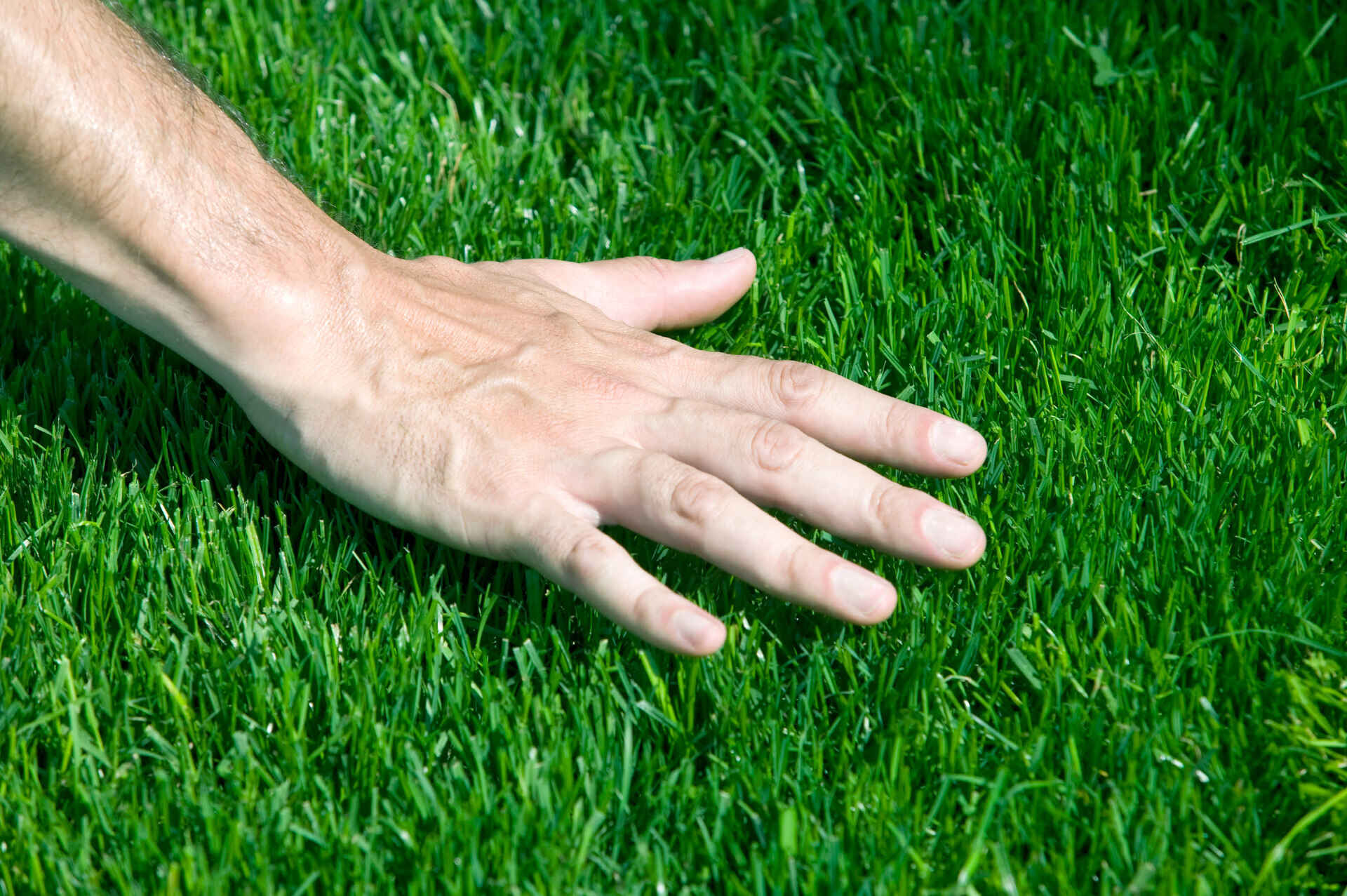
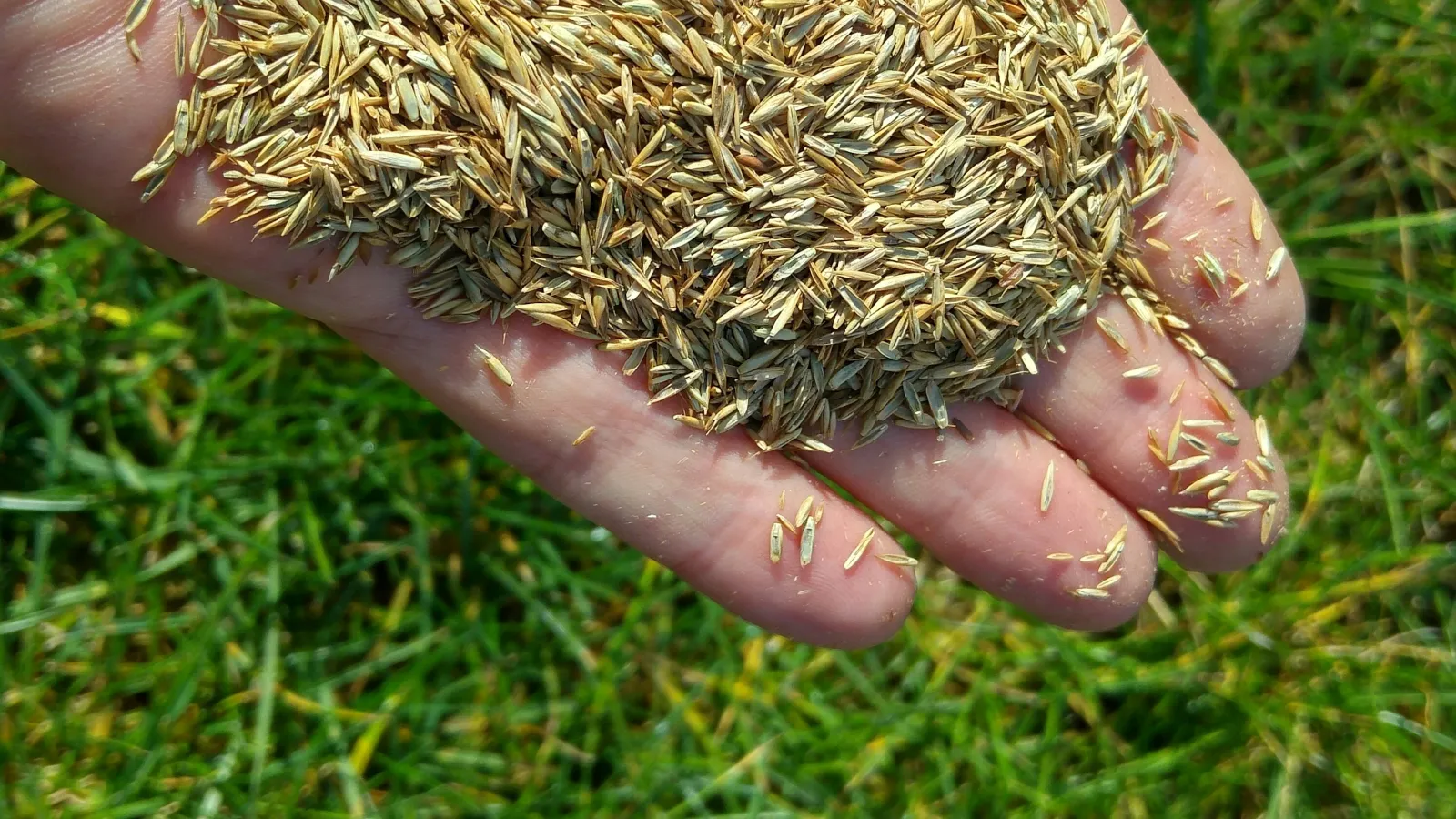

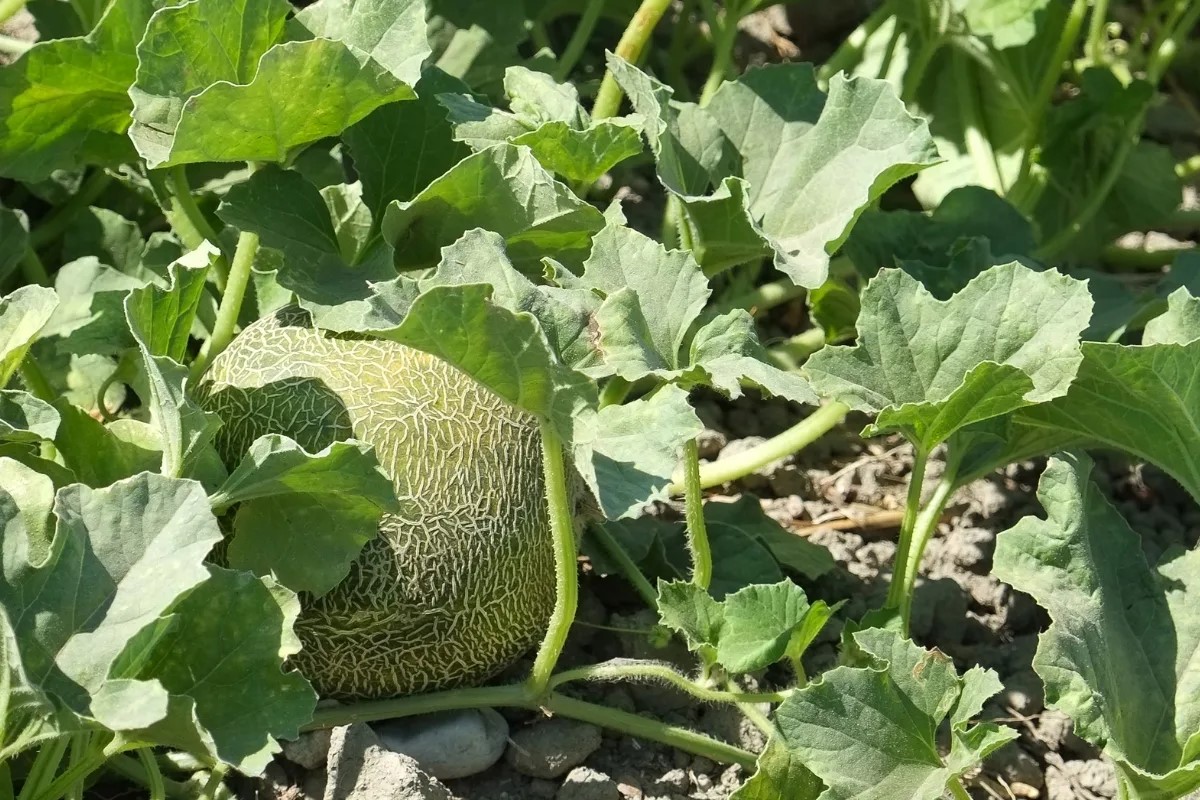

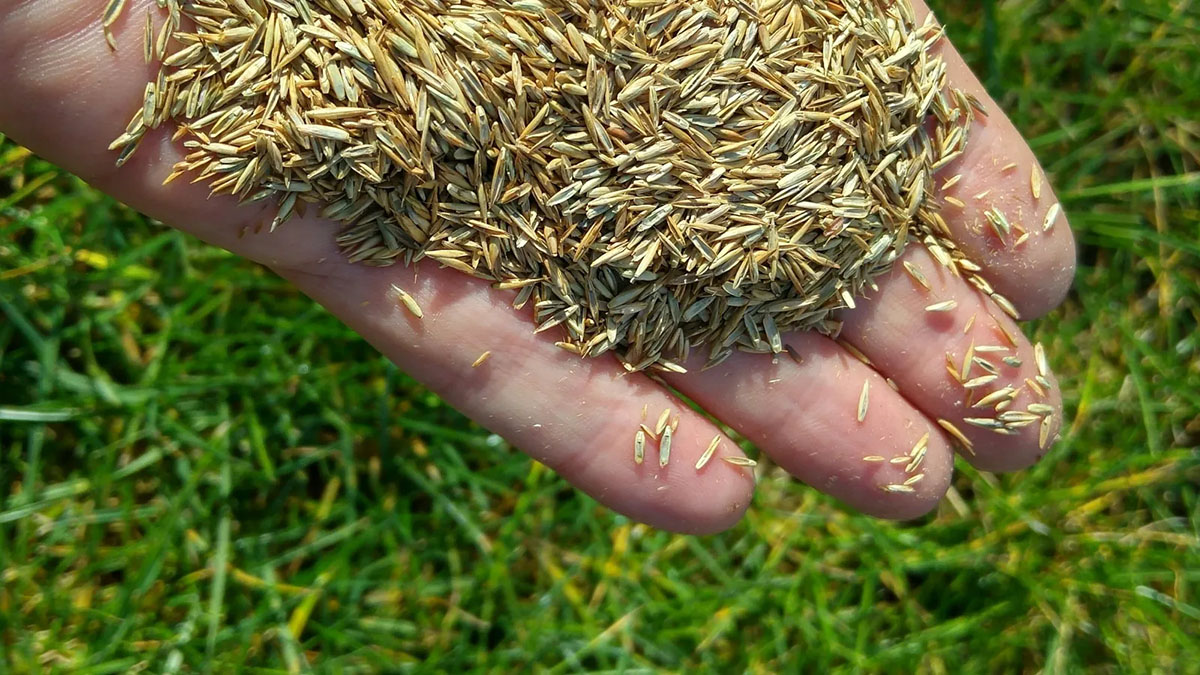
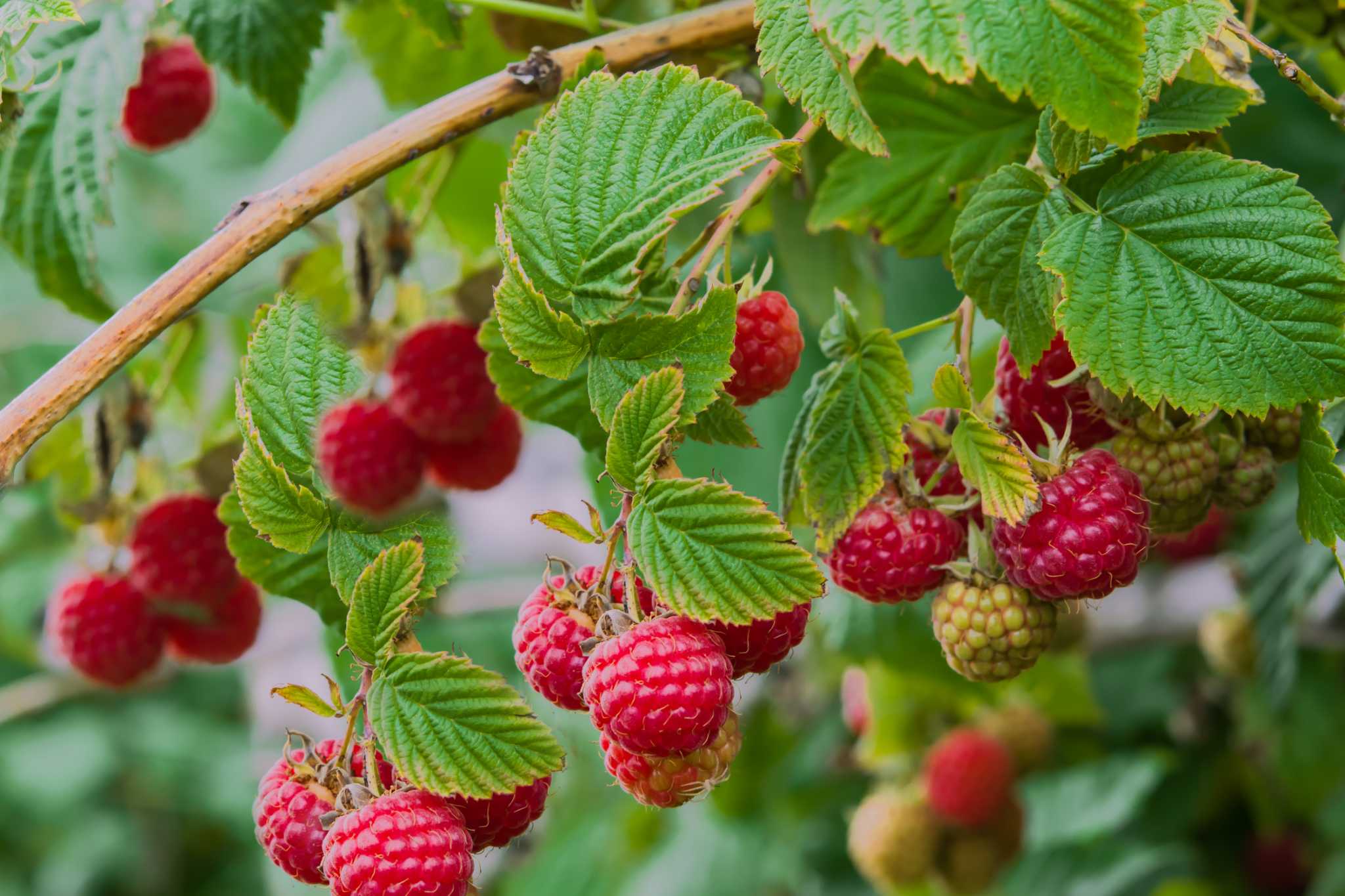
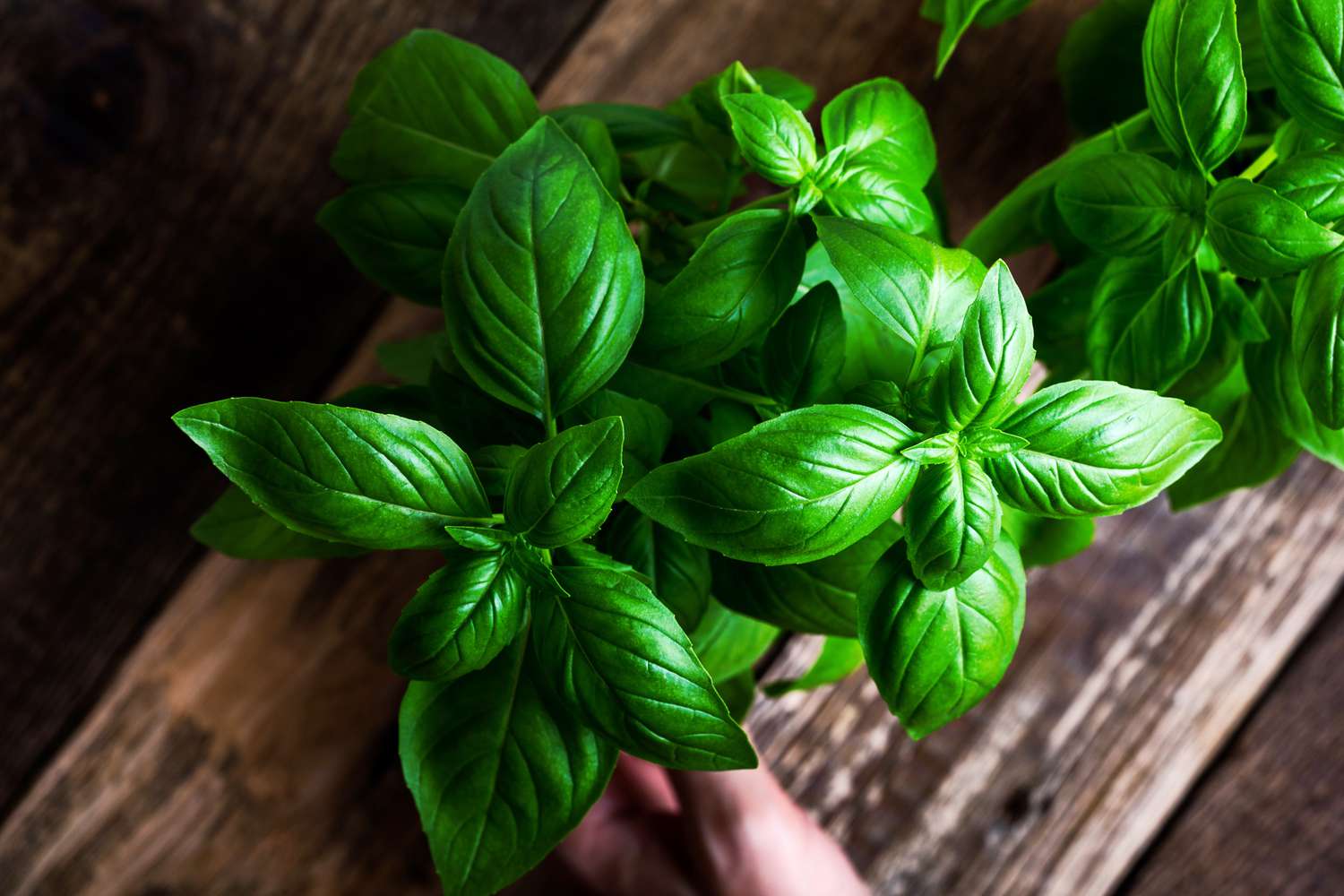
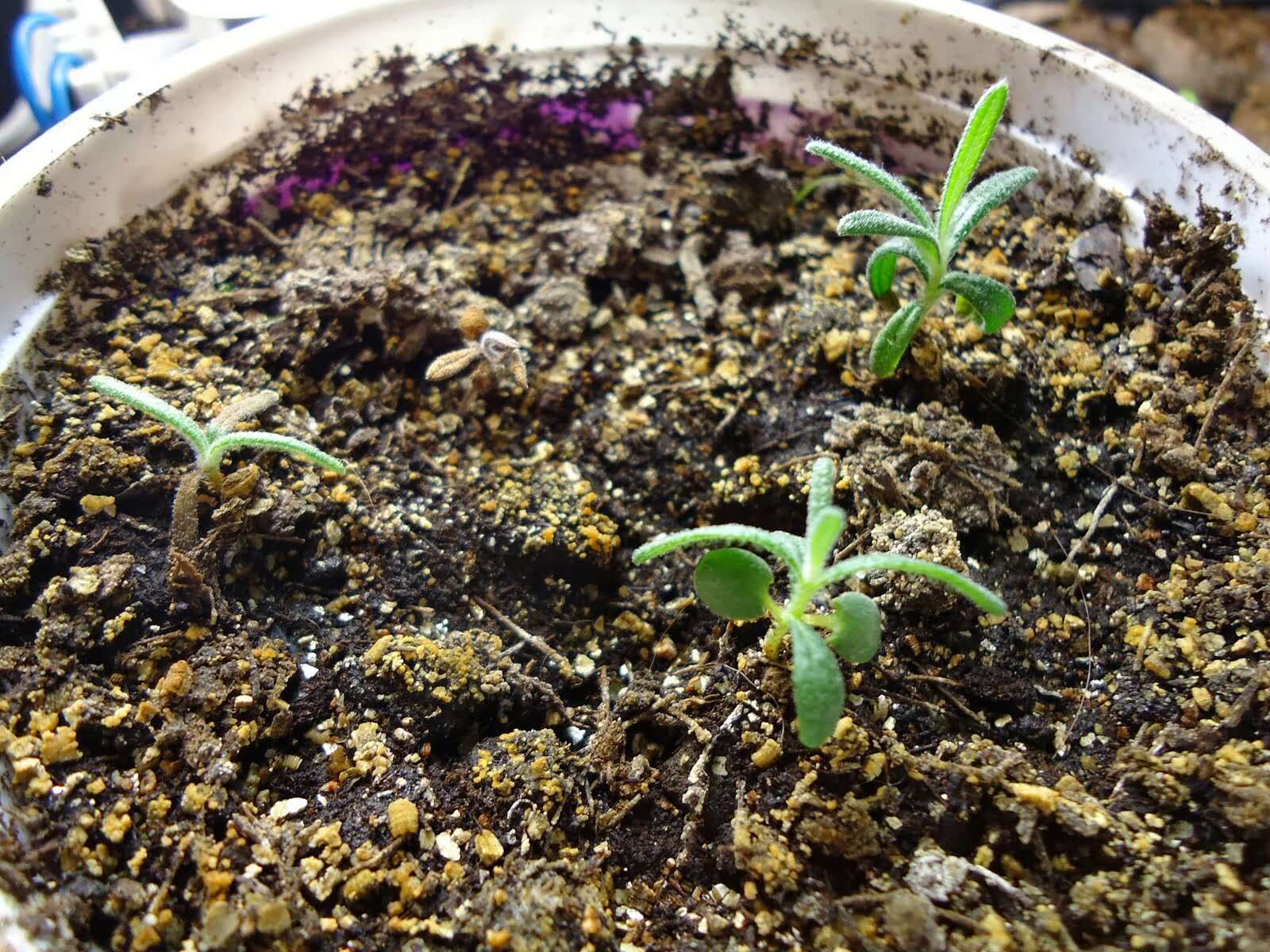
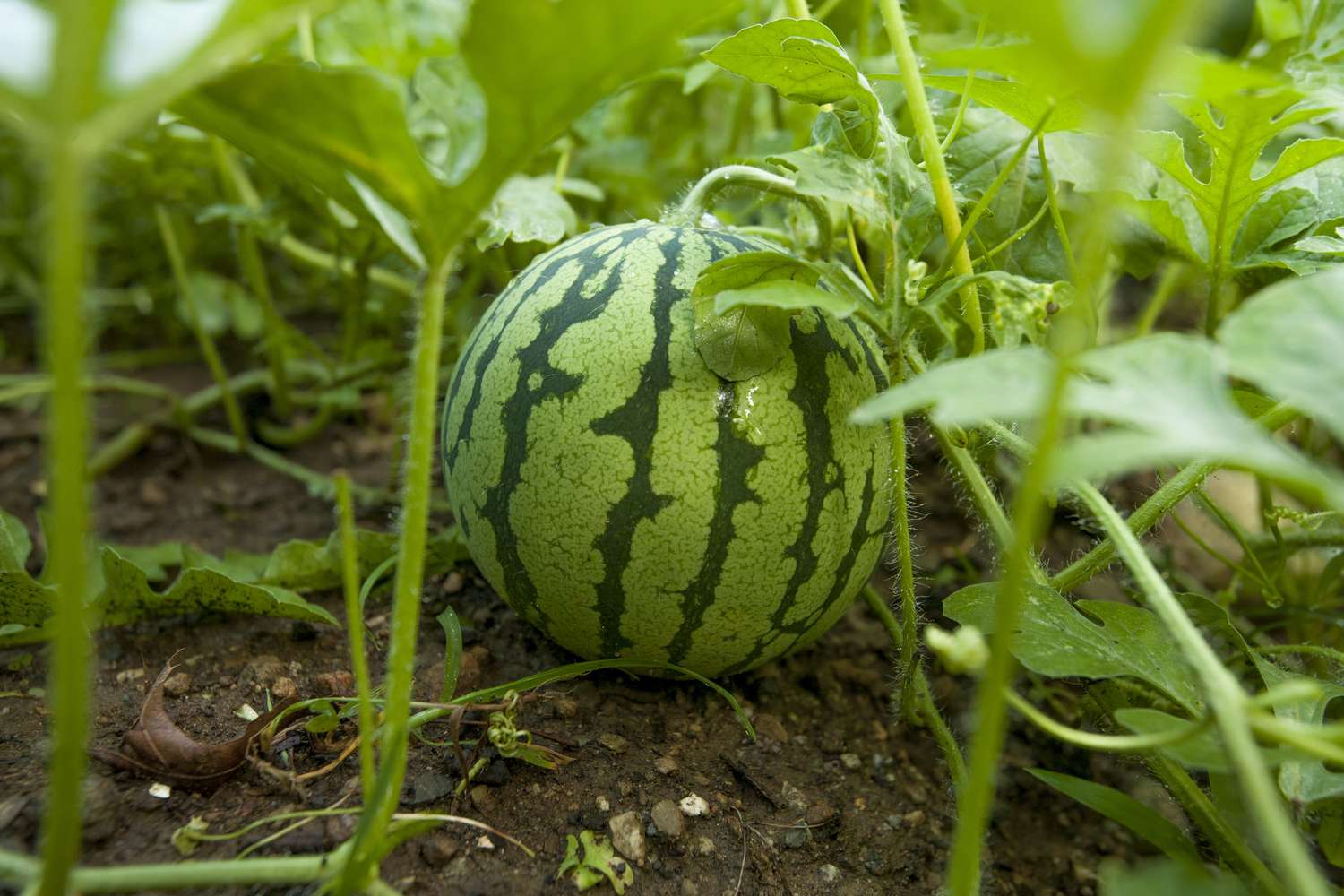
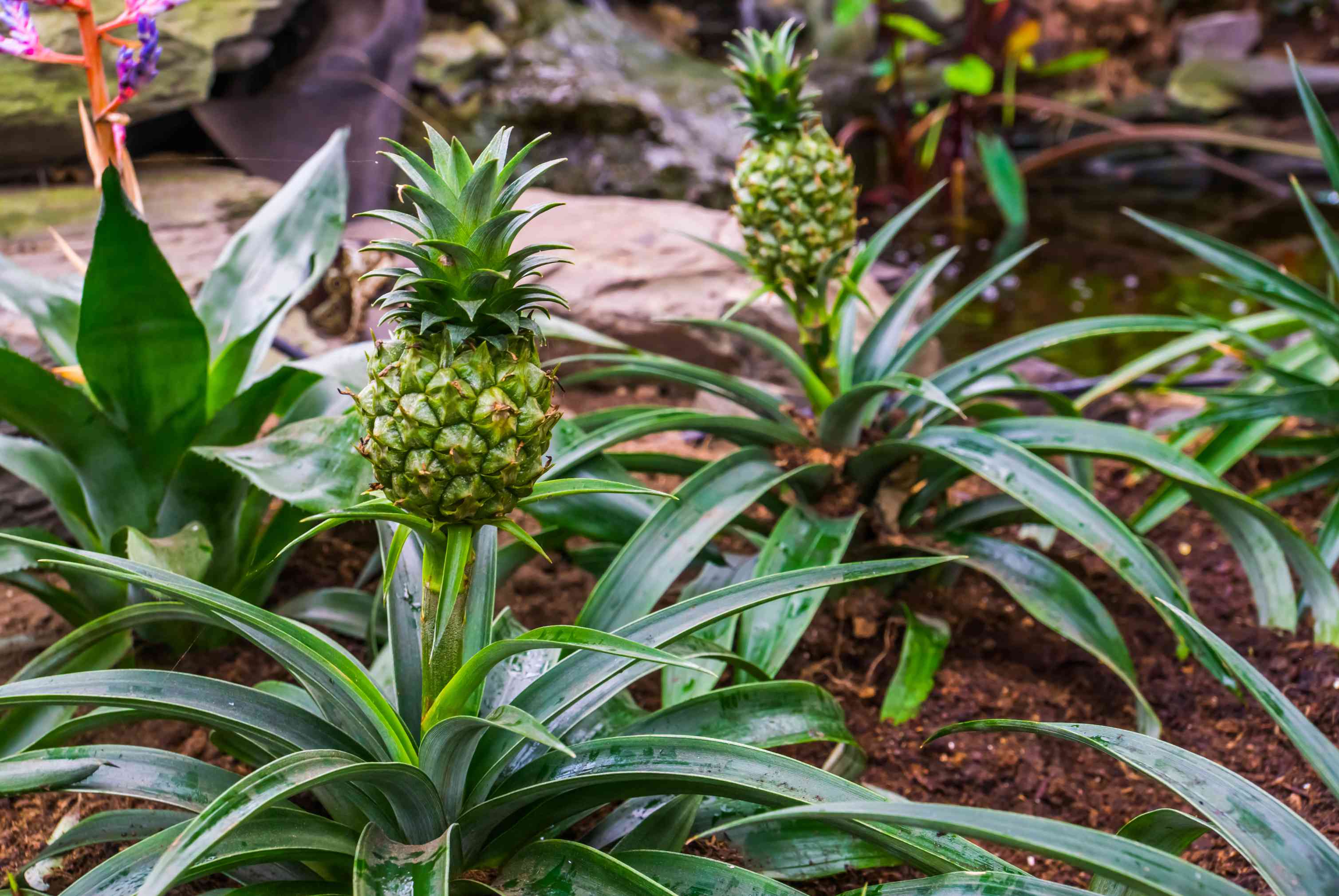
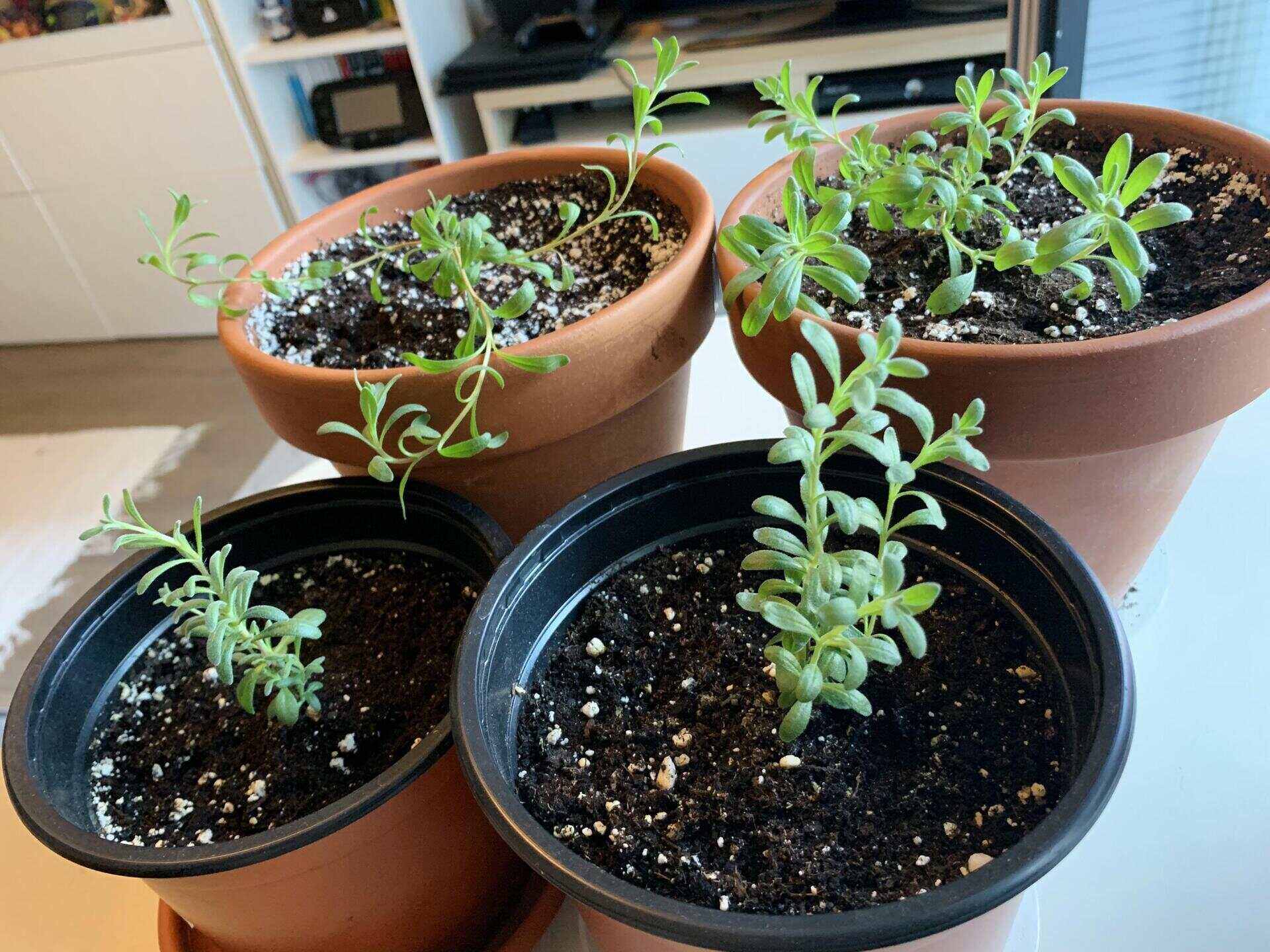
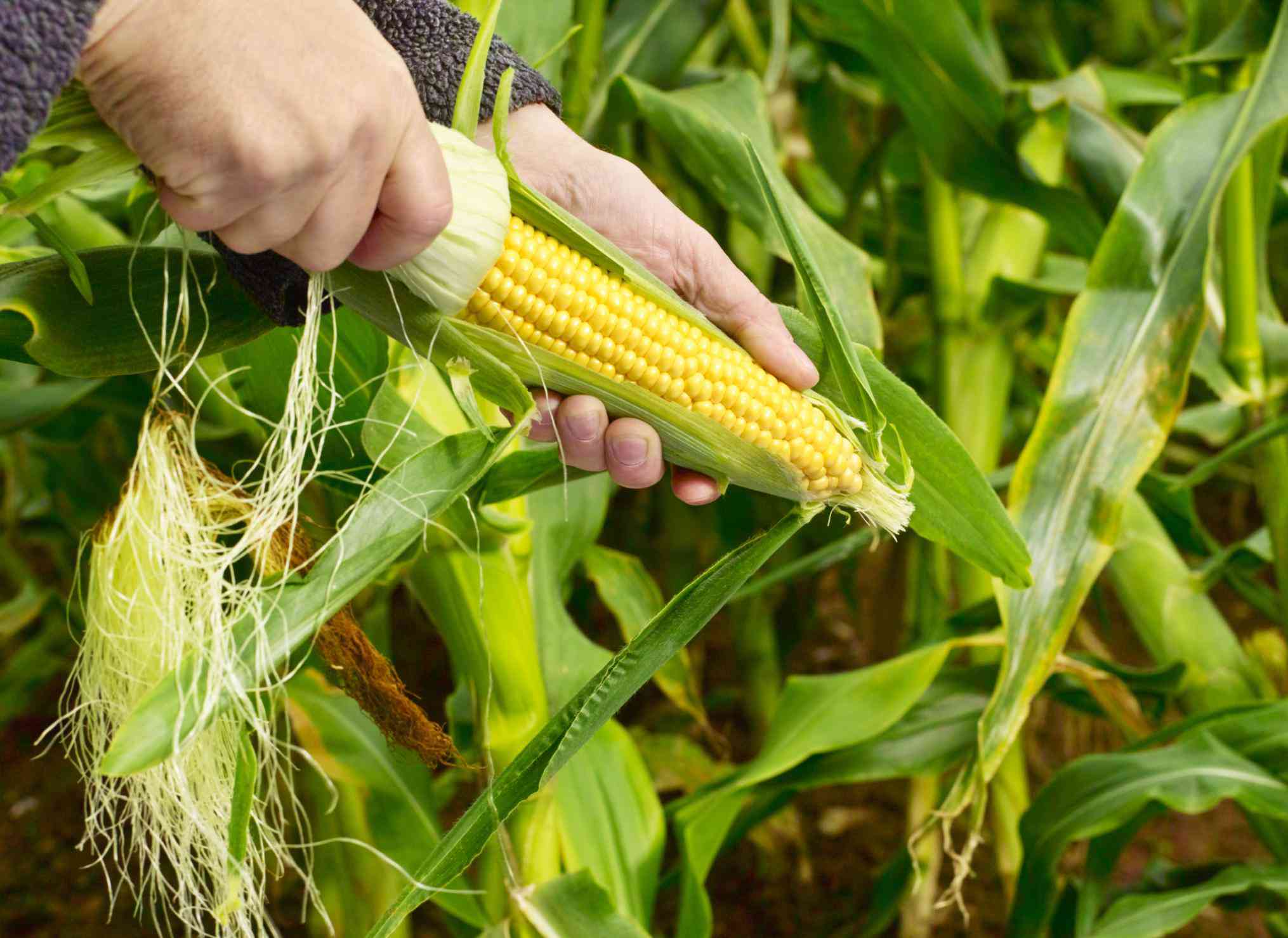
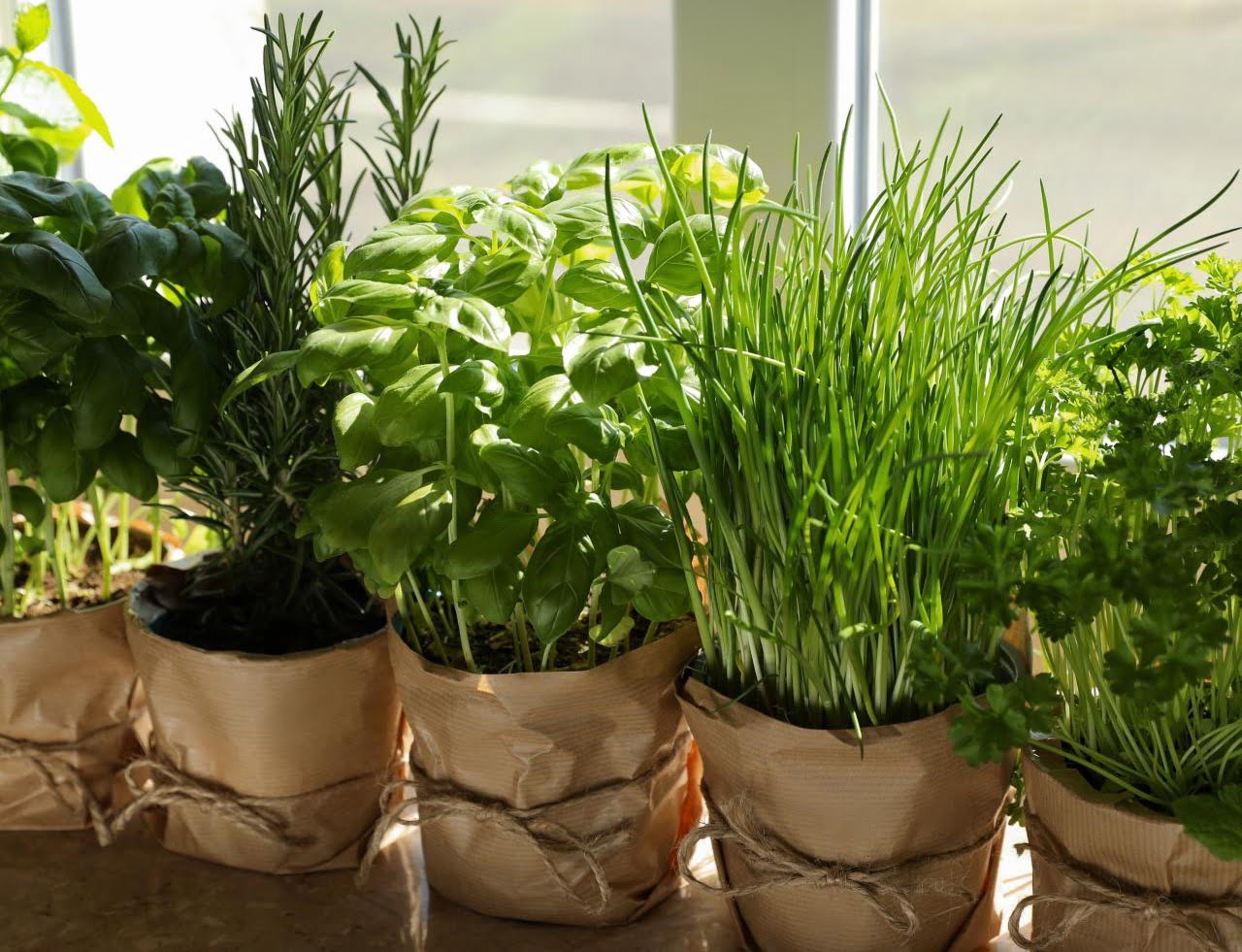

0 thoughts on “How Long To Grow Bermuda Grass From Seed”